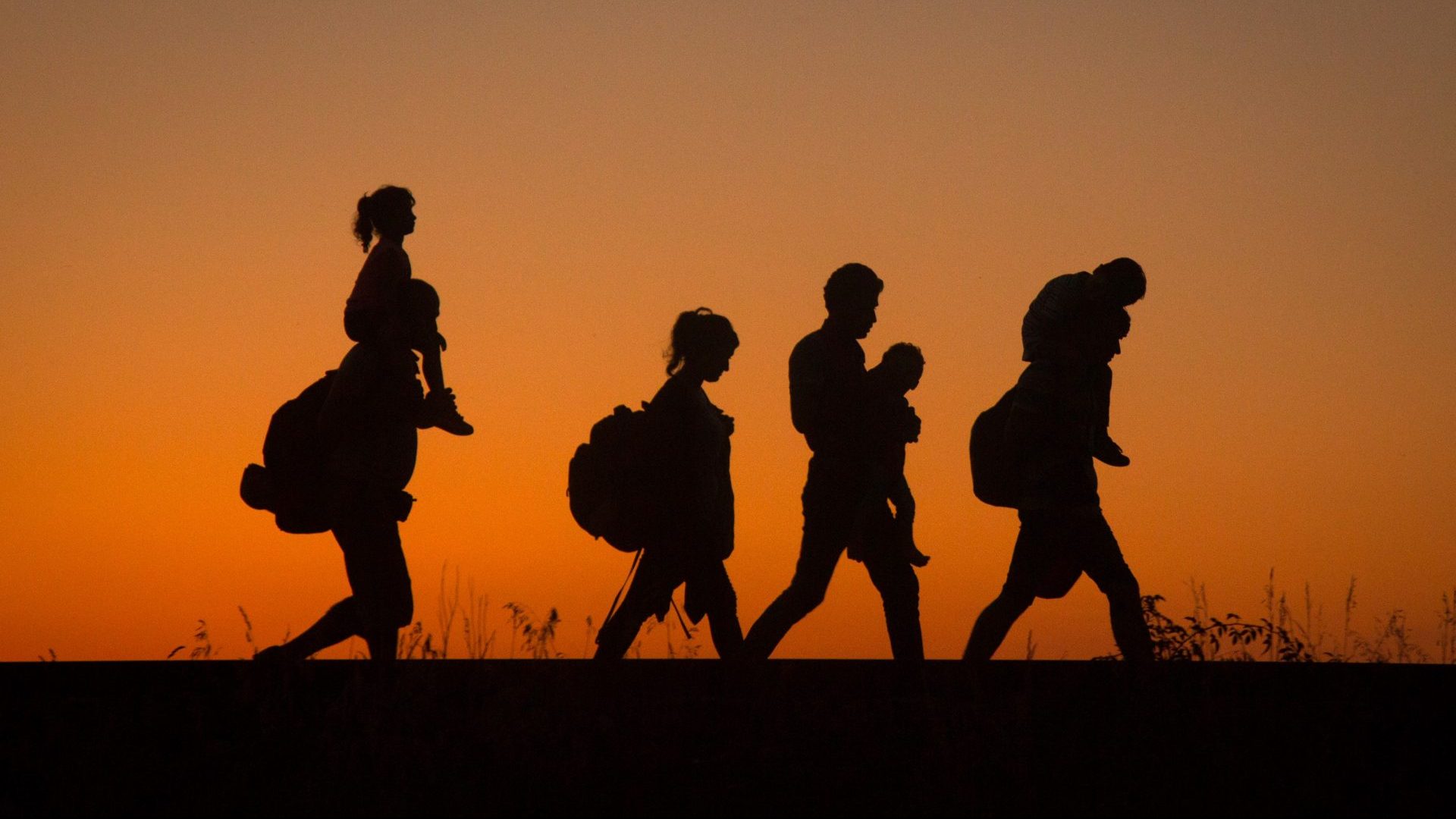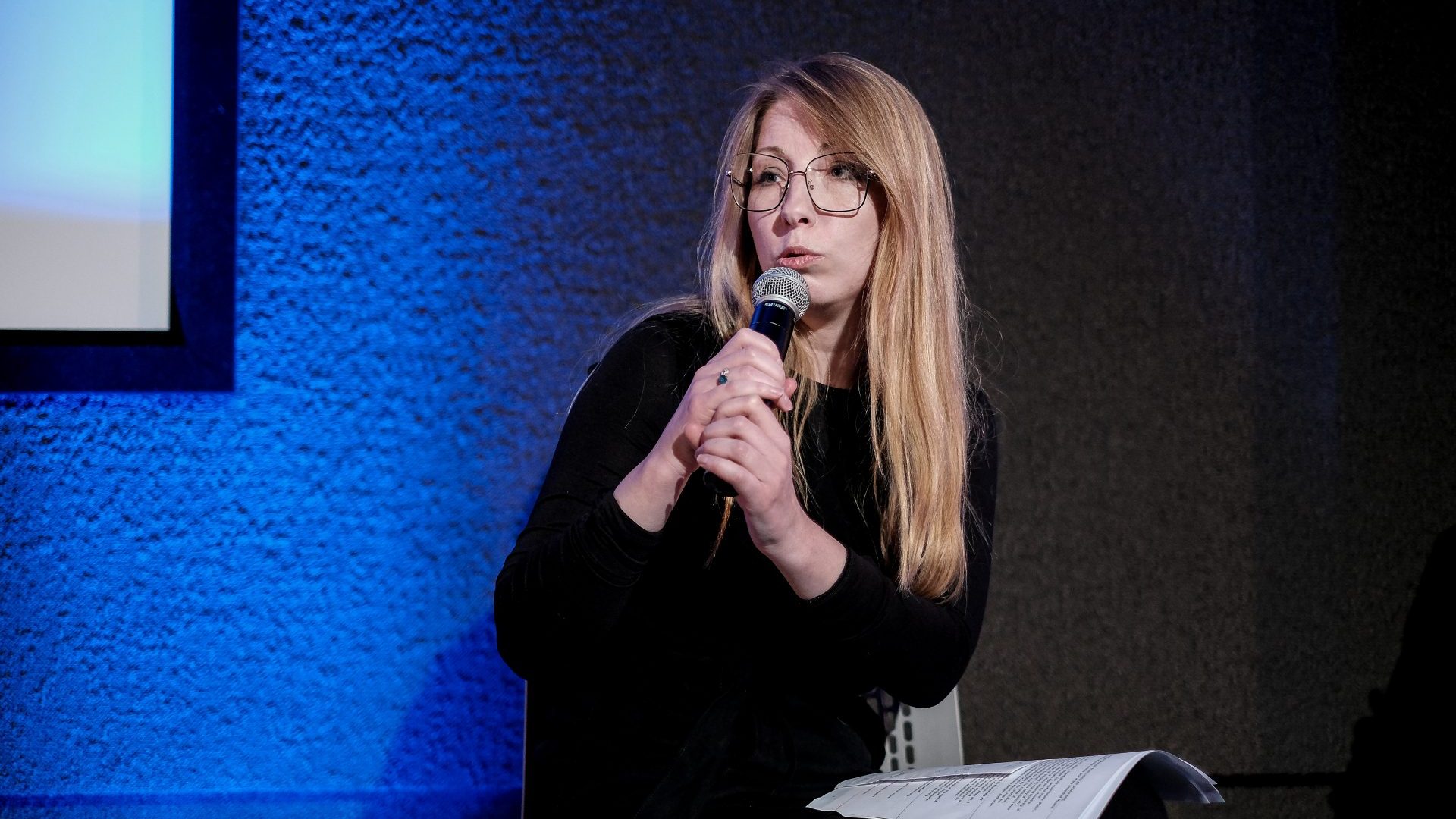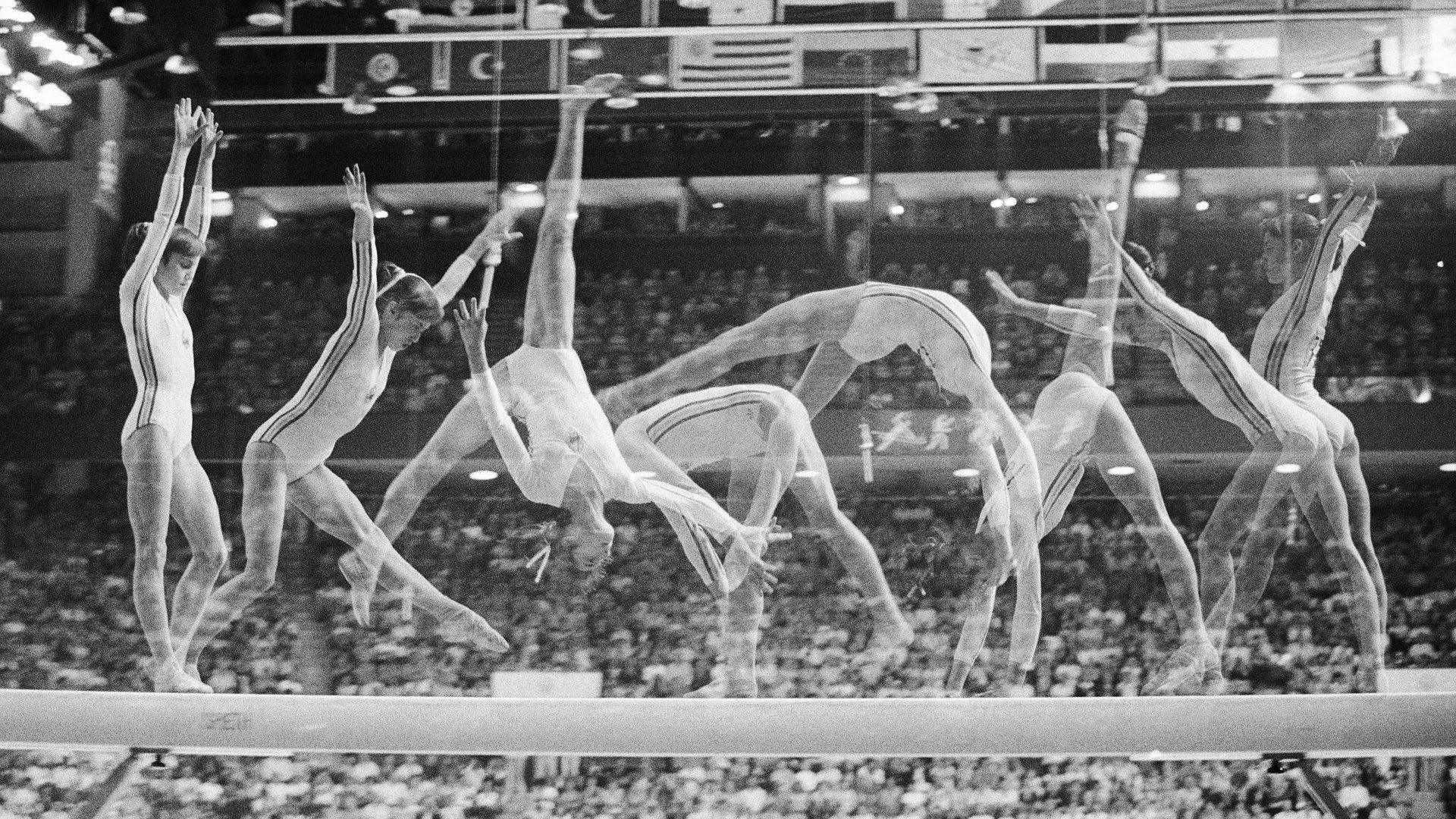It’s a brave move, calling a book This Is Europe. Not least when the cover comes back from the designer and the title is in huge letters that take up two-thirds of the available space and is so large on the spine that you could read it from the next county.
Promising an entire continent between those covers is a big call, even if the book does run to a hefty 500 pages. Europe represents something different to all of us and Europe can be anything we want it to be. There are an unthinkably large number of Europes out there, each filtered through our different perceptions and experiences.
Even those of us fortunate enough to have travelled widely through it know that we have only seen glimpses of Europe, gleaning fleeting impressions of a continent that is always changing and always just out of reach, full of different histories, overlaid with countless invisible maps beyond the current arbitrary geopolitical divisions we call nations.
Any attempt to summarise Europe is doomed to be subjective. Whatever your Europe might be it’s a tiny, individual concept lost among an infinite number of other Europes.
I suspect that Ben Judah knows all this and the title of his book is a knowing wink to the continent’s endless interpretations. His is a Europe, Europe as seen by Ben Judah and presented in the 23 individual stories he has coaxed wonderfully from a range of people across the continent.
His 2016 book This Is London adopted a similar approach, focusing on people who have arrived in the capital from abroad, but This Is Europe combines stories of people born and raised here as well as those who have arrived, many still with desert sand on their shoes or wringing seawater from their clothes after a treacherous crossing.
Anyone picking up a book called This Is Europe might expect chapters on Vienna, Barcelona, Munich, Florence, Paris. Instead, the contents page here is a gazetteer of places many readers will not have heard of, let alone be able to point to on a map: Rukla, Liepāja, Sabetta, Storkow, Corrubedo.
Each location tells the European story of one individual, gleaned from interviews and written up in a highly effective mixture of the third person and direct speech.
There is no narrator. Judah remains in the shadows, honing and shaping the stories into clipped, urgent prose and ensuring that the subject of the chapter always remains at centre stage. There is no introduction beyond a preface of barely 250 words and aside from a brief afterword explaining how the stories were put together, you’ll find no authorial voice here at all. The book is all the better for it.
The story of Europe has always been a story of movement, from mass migrations to individuals setting out in search of adventure, a better future or just basic safety. For thousands of years, Europe has been crisscrossed by journeys, some epic, others modest, creating an infinite catalogue of stories.
Wherever you go in Europe, however unpromising a place might seem, there will always be a story. Go into a bar in Tromsø, Fisterra, Valletta or Makhachkala and everyone in that room will have a story, everyone we pass in any street is at the centre of a narrative forged by a combination of free will, circumstances and pure chance, roads not taken and opportunities grasped, each a meandering tale of hope, disappointment, fulfilment, love and grief.
That is what fires Judah here, seeing the map of Europe as a giant anthology, hearing the cacophony of stories and cupping his ear to the best of them.
And what stories he finds, narratives that take us from west Cork to Istanbul via the Russian Arctic, the Middle East and even the Antarctic Ocean. As he did in his London volume, Judah focuses on the marginalised, unearthing stories of individual hardship, tragedy and heroism that could, in some cases, be expanded into extraordinary books of their own.
We first see Europe as a sodium orange glow on the horizon through the eyes of Jelle, a Rotterdam harbour pilot, guiding one of the 30,000 vessels from all over the world that call there every year. A world-weary, middle-aged Dutchman, Jelle leaps from the pilot launch to the ladder on the hull of a ship packed with all kinds of goods, risking his life for, well, he’s not entirely sure what, given the useless tat that fills most of the containers.
“This is the mouth of Europe,” he says of the port. “We’re feeding the mouth of Europe. Full of little parcels. Filling it with little pieces of crap.”
While Jelle sets a downbeat tone that underpins much of the book, This Is Europe somehow avoids being a downbeat read. Even stories like that of Ionut, a long-distance lorry driver from Romania whose Europe is “endless dual carriageways, perpetual warehouses, more perimeter fences. The same colours. Concrete. Dark tarmac. Metallic grey. Corrugated green”, who we meet waking up after being gassed in his cab by Parisian thieves, has a story packed with drama but also with hope and romance.
His sounds a hellish working existence of long, lonely hours in horrible conditions – when he takes over a new lorry, the previous driver has often left the cab in a disgusting state – the stench on one occasion causing him to vomit – but there’s the lure of home and a new love to focus on, even as he undertakes a hair-rising drive back to Romania before the border closes at the start of the Covid pandemic.
Ibrahim escaped from Aleppo after receiving his Syrian army call-up papers, paying a people smuggler $4,000 to reach Greece and the life of which he dreams: sleeping with lots of women and pursuing an acting career, preferably in that order. As it turns out, he combines both by making and starring in pornographic films produced in Marbella that earn him almost a million euros a year.
He calculates he’s had sex with between 800 and 1,000 women on camera and feels thus qualified to apply generalisations about their nationalities. Russians are “hard to read”, Spanish women are “not really that horny” and when it comes to Hungarians, “you can tell they just do it for work”. You might not approve of Ibrahim, but his story is still quite a story, and there is – believe it or not – a certain amount of innocent charm about him.
In the same industry but in wholly different circumstances is Nora, from a poor family in Latvia, who at the age of 16 applies for a job moderating internet chat rooms only to find herself employed as a webcam sex worker, performing on camera while fielding messages and requests from all over the world in order to raise enough money to study architecture in Italy. It’s no great spoiler to reveal that she succeeds and views the experience as largely a positive one.
Nora and Ibrahim are unusual among these stories in achieving a degree of agency in their European stories, acquiring a level of control over their destinies from beginnings that promise little.
Others are not so fortunate.
A mountain rescue worker based in Turin tells stories of desperate African men trying to walk to France from Italy through the mountains because the route looks easy on Google Maps. He sees them regularly, spots the items of clothing discarded when they feel hot from all the walking, never having had to consider the risk of hypothermia before. He is rarely called out to rescue these men because they never call for help. There is nobody close enough to miss them on what must be the loneliest of journeys, even when undertaken in a group.
A family in Homyel, Belarus, becomes involved in pro-democracy demonstrations that are brutally repressed by the police with batons, tear gas, noise grenades and pepper spray. “This was Homyel, it hardly mattered at all what happened here,” says Natasha, an ordinary mother of an ordinary family in an ordinary town. “But they were hitting them like it was Minsk.”
Their participation in the demonstration proves to be the catalyst for a horrifying tale of police intimidation, imprisonment and attempts to flee the country reminiscent of the darkest days of communist autocracy. The tale is lightened slightly by occasional glimpses of humanity beneath a uniform and one or two moments of high comedy among the darkness, but through it all shines Natasha’s courage, speed of thought and capacity to adapt to unimaginable circumstances.
As her life spins further out of control, she yearns for a return to the familiar routine of being woken by the chickens, the tinkle of the bell over the door of her shop selling herbal teas and natural remedies and evenings spent “knitting, in front of her detective shows, thinking at last it’s ‘me time’”.
This sense of yearning runs through the entire book, whether it’s for home after enforced displacement, for something better elsewhere or just some degree of agency over destiny. We can all identify with at least one of those, which is what makes This Is Europe a compelling read.
Judah’s book isn’t the last word on our continent but it was never intended to be. By the end you’ll have been led through some of the continent’s murkier underbellies but you’ll come out marvelling at the resilience of the human spirit and the sheer goodness nurtured in the most beaten down of European hearts.
This Is Europe: The Way We Live Now by Ben Judah is published by Picador, price £22




